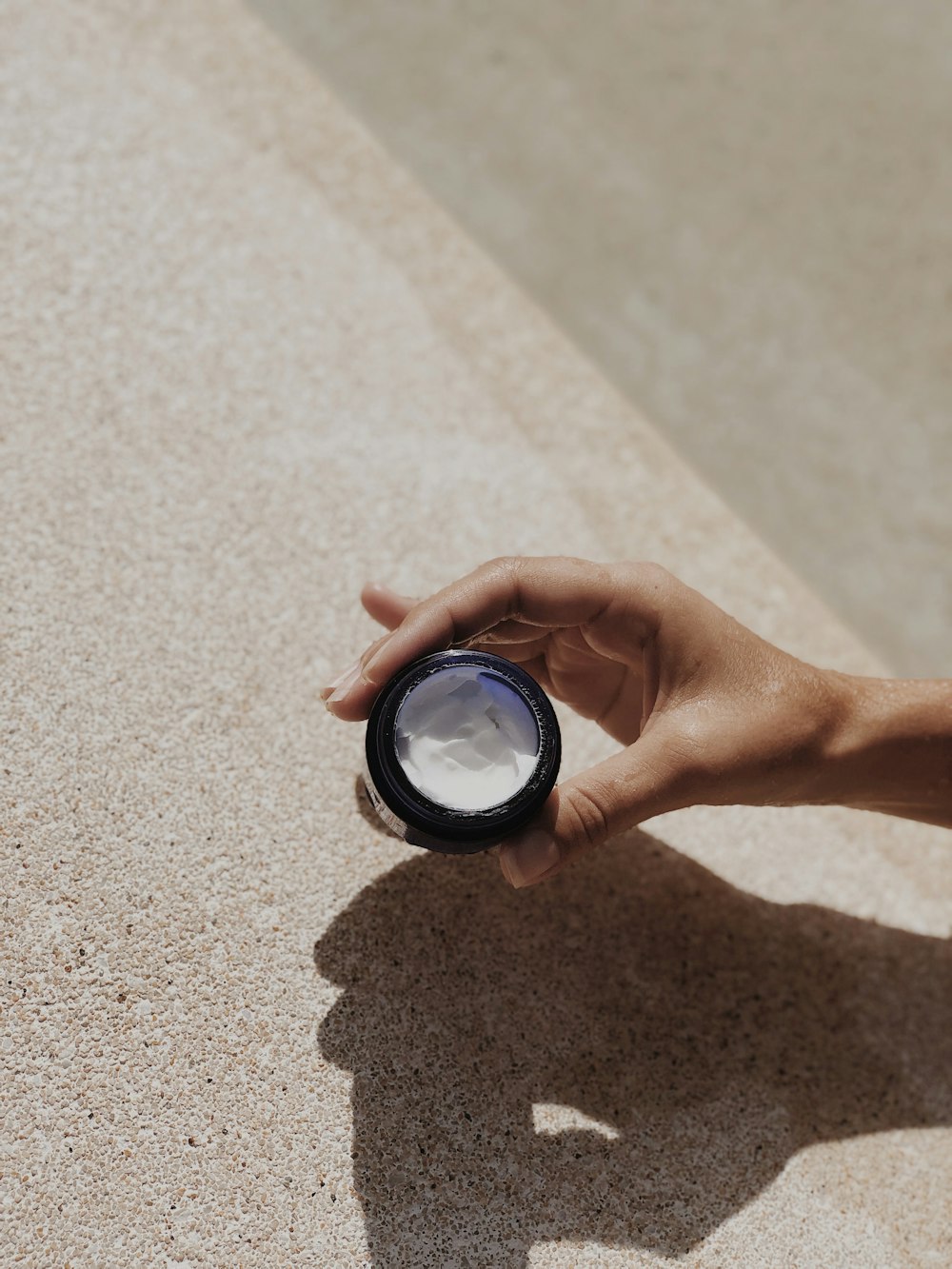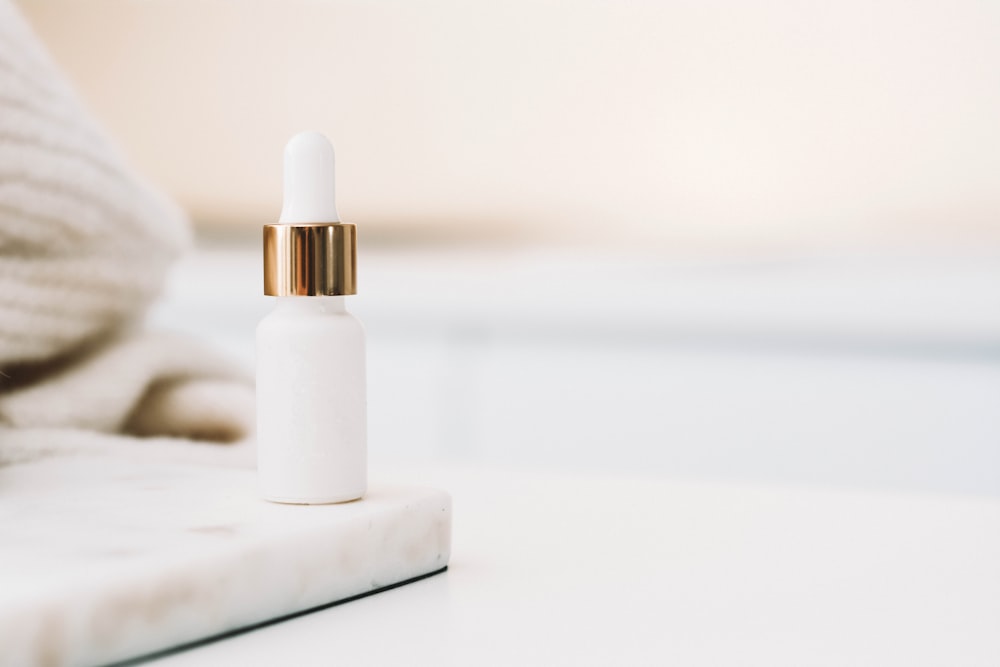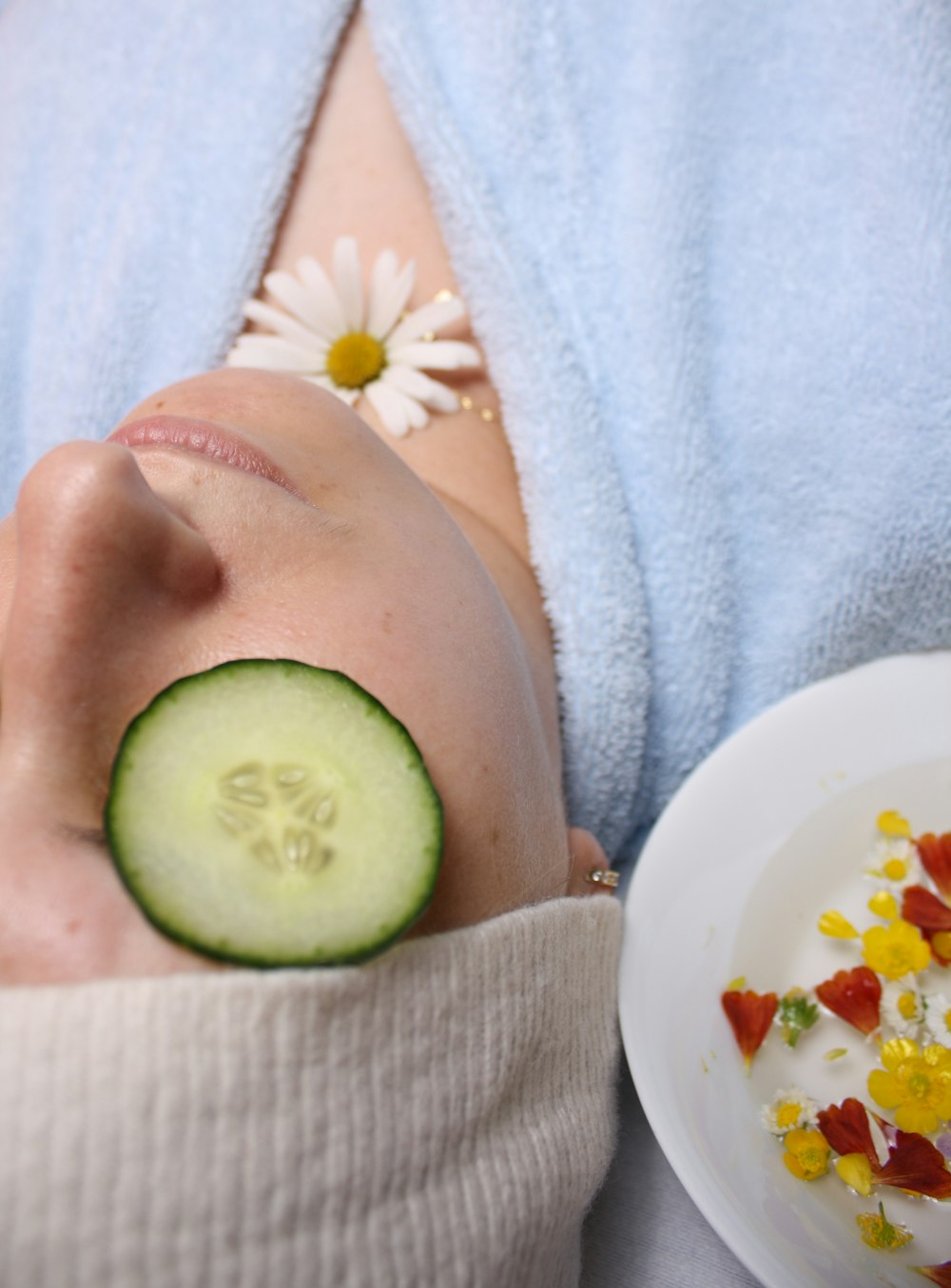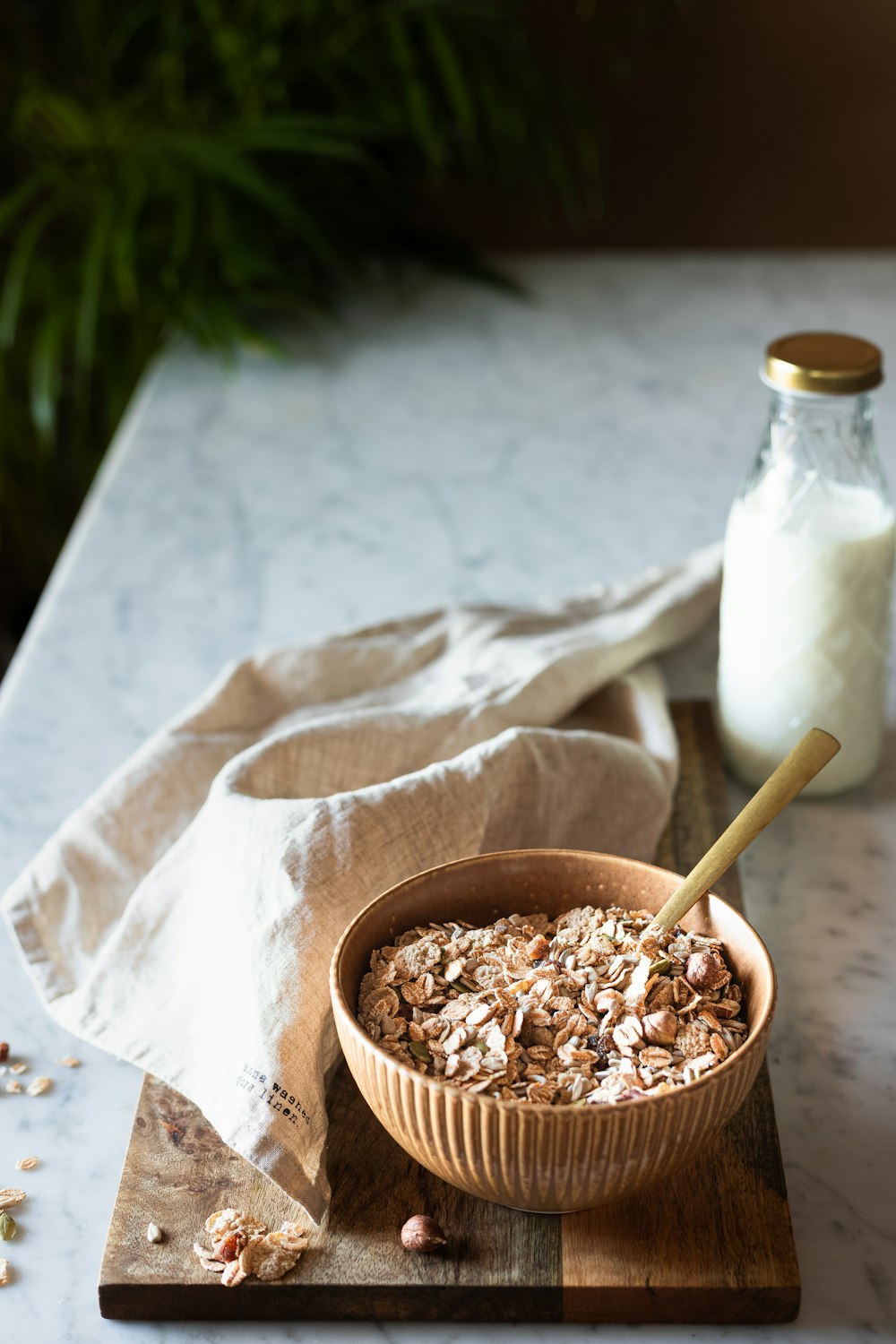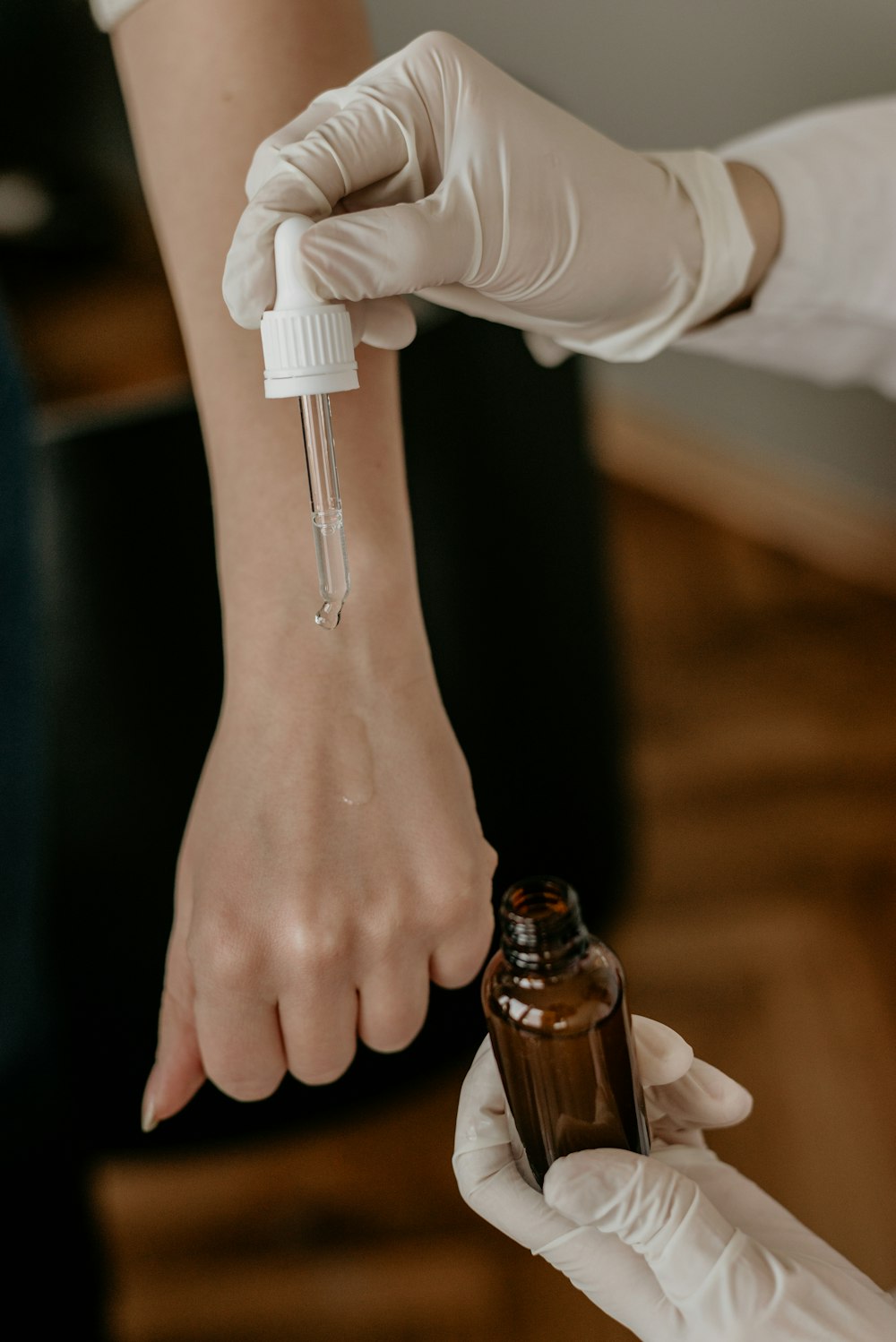What Is Sensitive Skin?

written by nail expert Jess Rowley
Signs you have sensitive skin, and what to do about it
Are you wondering if you have sensitive skin? Well, before you can go ahead and purchase the best skincare products for sensitive skin, it’s probably a good idea to find out what exactly is sensitive skin.
More and more products on the market are labeled for sensitive skin, and no wonder. From allergies to skin issues, people are hunting down the products with the word clean, natural, gentle or hypoallergenic plastered across the front label.
But wait.
When you have sensitive skin, there’s so much to cover. Knowing how to look after sensitive skin can be a challenge, let alone how to know if you have sensitive skin. I’m going to give you all the ins and outs that you need to know about sensitive skin, from what causes it to possible treatments so you can deal with this skin type.
Not everyone has the same symptoms or triggers when it comes to sensitive skin, but knowing how to look after it such as how to exfoliate sensitive skin can actually be a big step to getting healthier, glowing skin.
Keep scrolling for all the tips and tricks!
What is Sensitive Skin?
You might be wondering, what’s the difference between having allergies and having sensitive skin? Sometimes, you may have sensitive skin and not even know it. How can you tell if you might have sensitive skin?
Symptoms usually appear on your face and neck, but also on the hands or underarms. These are the areas that can get the most skin sensitivity. There are a lot of skin conditions that come under the category “sensitive skin” such as eczema, rosacea, psoriasis, allergic contact dermatitis, and hives.
Symptoms can be similar to when you have an allergy to something, such as itchy skin, irritated or red skin, and blotchy skin. Some products can cause a reaction such as a burning sensation or even breakouts, this is probably a good sign that your skin doesn’t like it!
Be aware that symptoms won’t always show up right away. Sometimes there can be a reaction a couple of hours later or even days. Rather than assume the cause, in this case, it’s best to check with a dermatologist as your skin’s reaction could be due to different things or just one ingredient, and is not always sensitive.
Why do more people think they have sensitive skin?
More and more we’re seeing products pop up on the shelves with the words “sensitive skin”. Does that mean there are more people with this skin type? Not necessarily.
Social media such as youtube clips, tiktok and Instagram has led to increased awareness around skin issues and clean skincare. With more intelligent consumers, we’re seeing products that tailor to this new wave of clean skincare and stuff like “fragrance free cleanser” or will “soothe irritation”.
The issue is, there is no cure for sensitive skin. The only way through it is seeing a doctor who can recommend which products to go for or which to avoid as well as different treatment options. This can include conducting a patch test to see what ingredients are causing irritation to your skin.
Having sensitive skin doesn’t have to be an issue when you know how to manage it!
Causes of Sensitive skin
There are so many different reasons people get sensitive skin, both genetic and environmental. You could say that sensitive skin is more so a skin condition or issue than an actual skin type. Any skin type can become sensitive for different reasons:
-Allergies and allergic or irritant contact dermatitis
-Environmental factors- hot and cold temperature extremes, dry weather
-Damaged skin barrier from excessive exfoliation and dry skin
-Injury to the skin
-Genetic or an underlying condition such as rosacea or eczema/dermatitis or from the immune system
Often, sensitive skin goes hand in hand with extreme skin dryness, where the nerve endings are not well protected. This is also what’s responsible for causing a whole host of other problems such as skin bumps, pustules or breakouts, skin erosion, blushing, and skin redness or flushing.
How can you tell if you have sensitive skin?
The only way you can tell if you have sensitive skin is by having a dermatologist, or if you are having persistent symptoms. They can conduct tests to see what is going on with your skin, or if there is something else that is causing your skin condition.
Treatments for Sensitive Skin
If you are struggling with sensitive skin, there are some things you can do. Aside from a good skincare routine and home remedies, medical treatments are available through prescription, all you have to do is talk to your doctor or dermatologist.
Medical Treatments
Depending on your symptoms, your dermatologist can prescribe a treatment.
Steroid creams- These are available over the counter and stronger prescription. An example is a hydrocortisone which can relieve inflammation and itchiness.
Antihistamines- You can take an oral antihistamine to help with allergic reactions.
Analgesic creams– Also known as numbing creams, they are good for soothing itchy skin which can help the person stop scratching and irritating the area.
Sunscreen- Using broad-spectrum sunscreen of at least 30 spf can protect sensitive skin from UV rays and help with skin sensitivity.
Home remedies to help sensitive skin
Sometimes it’s best to try to see how you can help manage your sensitive skin at home first, before trying a stronger medication. Small changes in your skin care routine can make a huge difference. Sometimes it’s all about avoiding a certain ingredient to keep your sensitive skin under control.
Use A Moisturizer
Using a hypoallergenic moisturizer or lotion can help to reduce dry skin, which can cause skin sensitivity. It’s a good idea to learn to read the ingredient label and to select moisturizers that are suited to sensitive skin. One moisturizer may not work for everyone, so don’t be afraid to try a few first.
If you have very dry skin, you may want to try ingredients such as urea or lactic acid, but this may not work for others. Some skin types can’t have oil, but sensitive skin may benefit from simple oils such as shea butter or coconut oil, especially when facing dry winter air. An SPF moisturizer is always a good idea, preferably a mineral sunscreen rather than chemical sunscreens.
Be careful when Cleansing
Everyone’s skin is different when it comes to cleansing. What detergent is good for sensitive skin? Many dermatologists can agree that using deodorant soap or fragranced soap with strong or harsh detergents are bad for your face. It’s best to use soap free cleanser such as mild cleansing bars and sensitive skin soap or even liquid facial cleansers. When using a towel to dry your face, pat dry and do not rub, this can help avoid irritation too.
Try to include Oatmeal
As a home remedy, oatmeal is an ingredient that is easy to get hold of and can be very soothing in irritated, sensitive skin. You might have noticed some skincare products include colloidal oatmeal, which can help with rashes, dry skin, and eczema.
Oatmeal can help to improve the skin’s barrier as well as manage symptoms related to sensitive skin.
Keep a Journal
I don’t mean a diary of your life, but rather for your skin. You can keep track of the products you use everyday to help identify the triggers of symptoms on your skin. When your skin is causing a reaction, you’ll be able to see what could have triggered it.
Do a patch test
Before running off to buy the latest product your favorite influencer suggested, it’s probably a good idea to patch test it. Whether you prefer to do this before purchasing or after, don’t go ahead and apply a full face of skincare or even makeup before trying it out first. I like to dab a bit behind my ear or in the corner of my face, somewhere not oo noticeable. If after 24 hours you have no reaction, then go ahead and apply it!
Go for gentle products
You might be tempted to think that the stronger the ingredients, the better it works. For sensitive skin this can lead to reactions and irritated skin that doesn’t reap any benefits from the product. Instead, go for products that have skin soothing ingredients that will work with your skin. The right moisturizer and face wash should be non irritating so you can make the most from it, such as protection from free radical damage, allergy tested to form a protective layer.
National eczema association seal
If you have dry skin, the products that have this seal can be a good indication that they will be gentle and there’s less risk of getting allergic reactions or clogging pores. You can often find cool ingredients such as cucumber extract, rice extract, and colloidal oatmeal that is full of fatty acids and amino acids and repair the lipid barrier as well as treat dark circles, infused with vitamin e.
Use Gentle Cosmetics
If you have sensitive skin, it’s not just about which skincar products you use but also which cosmetics you put on your face. At the end of the day, using cosmetics that contain irritating ingredients can undo all the good your skincare does. I would recommend going for the following:
–Face powder– these reduce the risk of irritation since they require less preservatives.
–Use silicone foundation– silicone based foundation is better for less irritation
-Avoid waterproof cosmetics– these are harder to remove and require stronger, harsher cleansers
-Use black eyeliner and mascara– they tend to have less chemicals and colorants, so are less allergenic.
–Pencil eyeliner or eyebrow- these are better than liquid eyeliners which often contain latex that can cause an allergic reaction.
-Don’t use old cosmetics– all cosmetics have an expiry date, don’t use them past this as they can spoil or be contaminated.
Steer clear from irritating ingredients
Whether it’s your body wash or your face wash, you want to stay well away from irritating ingredients in your skincare routine. Moisturizers for sensitive skin should be fragrance free without, parabens, drying alcohols, or other ingredients that could harm your skin. Even if you want to exfoliate, you can use lactic acid, salicylic acid, azelaic acid, or glycolic acid to improve skin cell turnover. Just don’t use them together at the same time, or with other harsh treatments like benzoyl peroxide. Post procedure skin can be very sensitive too so it might not be a good idea either.
Final Thoughts
It doesn’t take much to irritate sensitive skin. If you often get skin reactions, chances are you have sensitive skin. The good news is there’s a lot you can do to avoid skin irritation. People with sensitive skin do well to get a medical diagnoses with a board certified dermatologist that can provide medical advice for reactive skin.
In the meantime, what can you do? One thing is relieving dry skin, using a high sun protection factor to prevent skin diseases, use facial creams to prevent thinner skin and visible blood vessels. For more drastic results you can find prescription or over the counter creams in case of an allergic response or skin reaction.
Sensitive skin may get irritated just with skin contact with chemicals in skin care products, and get an allergic reaction. Seeing a healthcare professional can help you get a topical steroid to prevent scaly patches.
What is your best tip for sensitive skin?

Best L’Oreal Products For Men
[Review] in 2022 written by nail expert Jess RowleyCheck out the results fast - here are our review winners[dica_divi_carousel item_width_tablet="400px" item_width_phone="345px"...

Best Neutrogena Skincare Products
[Review] in 2022 written by nail expert Jess RowleyCheck out the results fast - here are our review winners[dica_divi_carousel item_width_tablet="400px" item_width_phone="345px"...

Best Nivea Products For Men
[Review] in 2022 written by nail expert Jess RowleyCheck out the results fast - here are our review winners[dica_divi_carousel item_width_tablet="400px" item_width_phone="345px"...
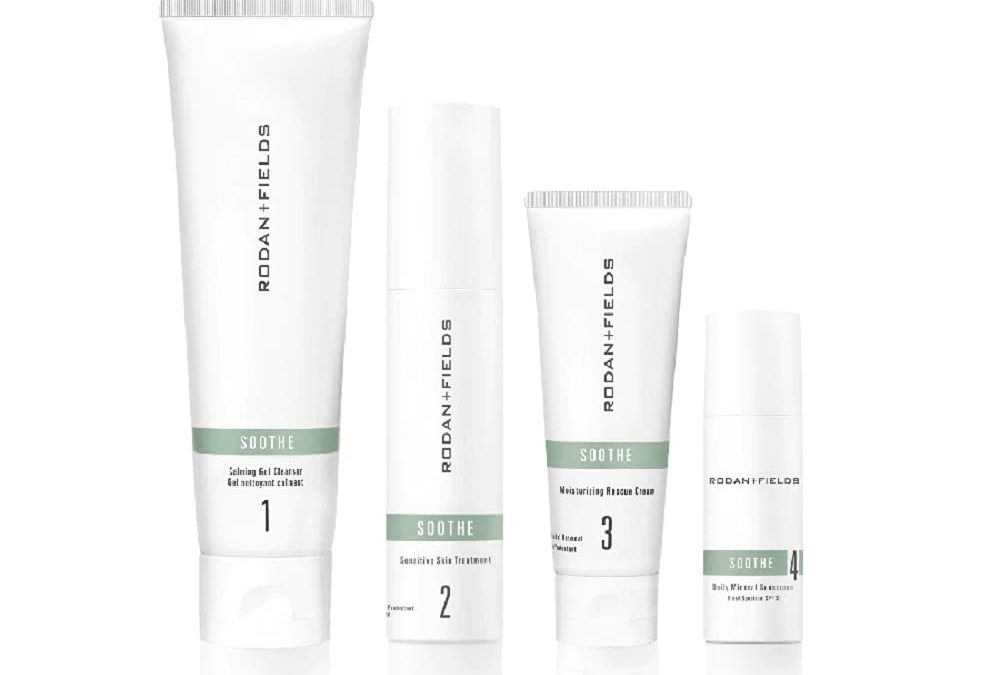
Best Rodan+ Fields Products
[Review] in 2022 written by nail expert Jess RowleyCheck out the results fast - here are our review winners[dica_divi_carousel item_width_tablet="400px" item_width_phone="345px"...

